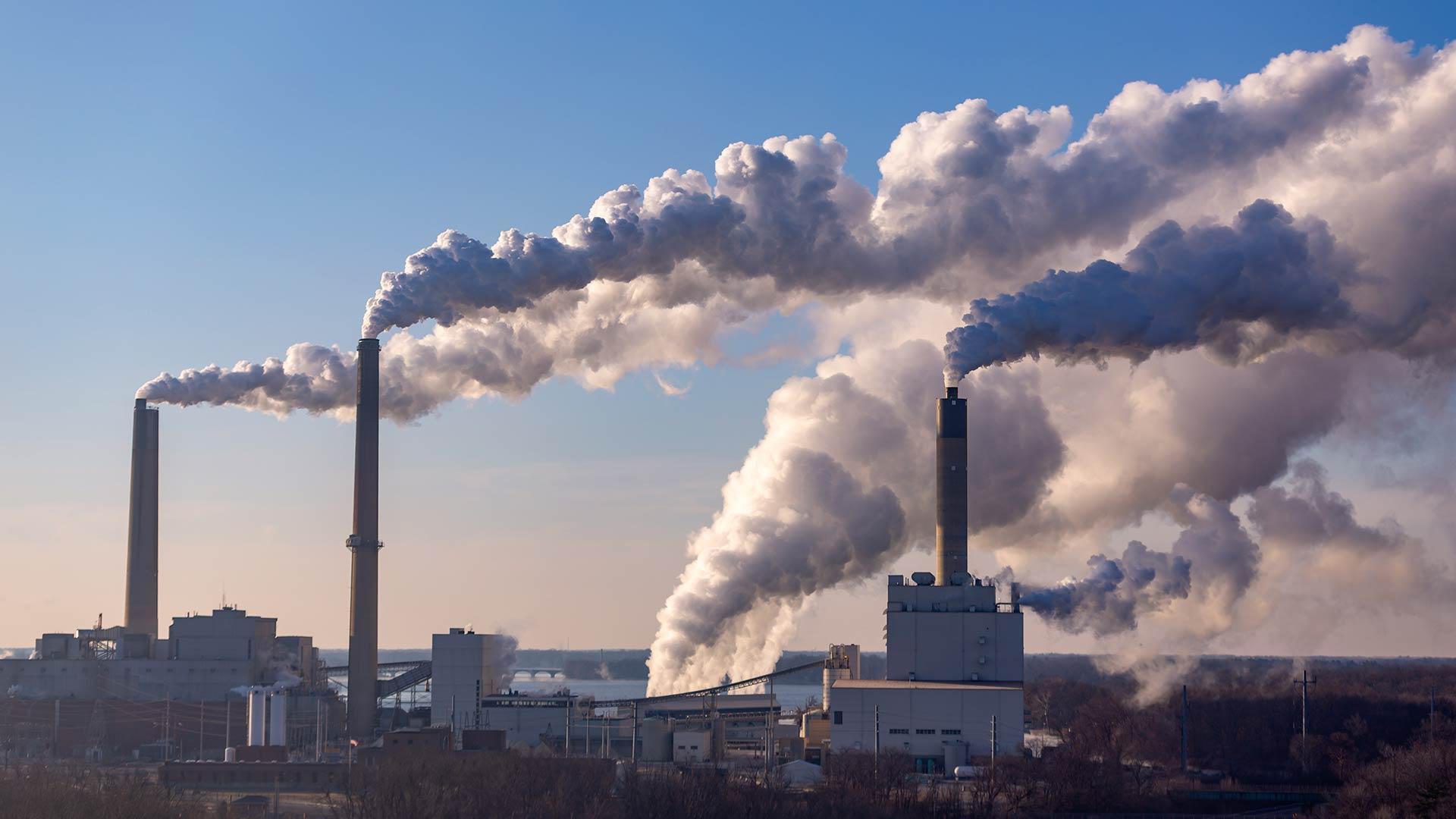- August 10, 2022
- By Liam Farrell
From corporate clean energy tax credits to consumer rebates for electric vehicle purchases and home infrastructure upgrades, provisions of the Inflation Reduction Act approved this week by the U.S. Senate could make it the most consequential climate change legislation ever passed by the federal government—long before we know whether it actually tackles skyrocketing prices.
Prior to the expected House vote this week, Maryland Today spoke with Sacoby Wilson, associate professor with the Maryland Institute for Applied Environmental Health and Department of Epidemiology and director of the Center for Community Engagement, Environmental Justice and Health (CEEJH), about the more than $350 billion estimated on tap to help reach President Joe Biden’s goal of cutting U.S. emissions to half of 2005 levels or less by decade’s end. Wilson spoke about the significance of the bill’s passage, where it still falls short and how it could encourage people to think holistically about the problems society faces.
How do you categorize the significance of this bill?
This is both the biggest climate bill and the biggest environmental justice bill in the history of the country. It many ways, it is a groundbreaking opportunity to advance our efforts on mitigation of climate change, investments for energy transition, helping with consumption and weatherization. The investments in clean energy, I think, are phenomenal. The $60 billion (targeted for environmental justice communities) is a good start, it’s a good investment. It’s President Biden at least coming through partially on his promise.
Since it’s tied to a broader package designed to fight inflation, how do climate change efforts help the national economy?
If you are really going to address externalities produced by climate change, there’s costs associated with that. Consumer goods are more expensive, gas is more expensive—if we can move people off gas-driven cars to electric cars, that will save money. We are reducing the cost of going to work. We are reducing the cost of heating our homes.
Even with tax credits, the upfront costs of an electric vehicle, or new home wiring and insulation, can be substantial. Do you see these as effective policies?
We have to incentivize behavior. It’s an initial investment. You are also going to have to do some direct grants to folks. We cannot expect everybody who is low income to be able to shell out money to buy an electric vehicle. We have to provide some more direct investment in their infrastructure (housing, transportation, food, health care) … so it doesn’t have to come out of their pockets.
In order to pass the Senate, some requirements that corporations protested were dropped and benefits for oil and gas leasing were added. How do you view those tradeoffs?
I’m not happy about the tradeoffs. Anything that allows for new oil and gas leases undermines progress that will be made. That’s a political calculus, but for the people who are currently experiencing environmental and energy injustices and will be impacted by new oil and gas leases … where are their voices in this process? We need to move completely away from fossil fuels. That will mean lower energy prices for everyone, less pollution, and this is better for public health. In the end, is (the bill) a net-zero gain? Not sure.
How are climate change efforts connected to other parts of the legislation, such as allowing Medicare to negotiate and lower drug prices?
Good energy policy is good climate policy and good climate policy is good health policy. The drivers of negative health outcomes—climate change, environmental injustice, pollution, lack of access to adequate health care including the price of medicine—they are all connected.
The 8th Annual University of Maryland Symposium on Environmental Justice and Health Disparities, “Energy vs. Power: Visions for the Future,” will be hosted by CEEJH this week, starting tomorrow through Saturday. The sessions will take place online tomorrow and Friday, and the sessions on Saturday will be in-person at the University of Maryland. For more information, visit ceejh.center/umd-ej-symposium.
Topics
ResearchUnits
School of Public Health